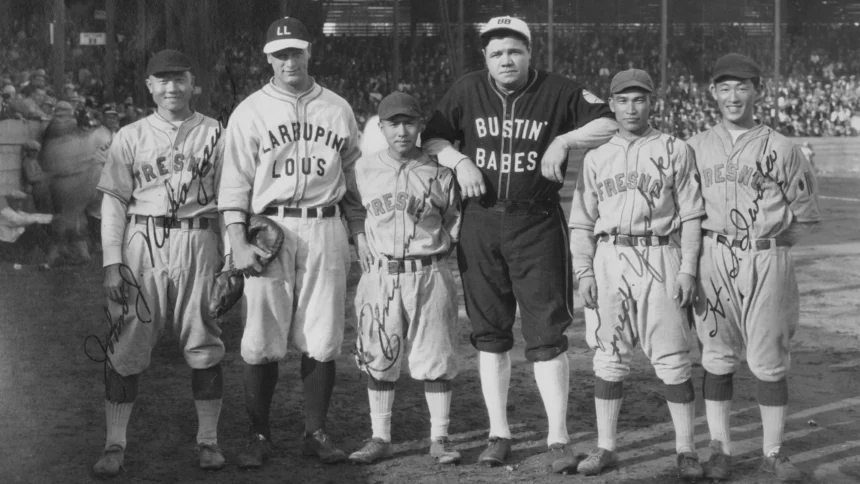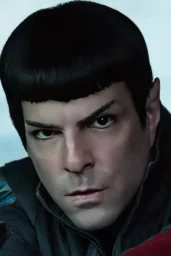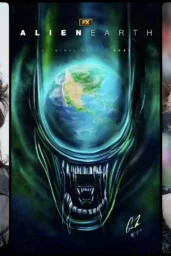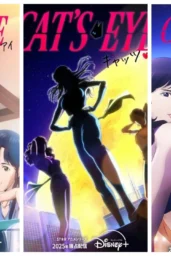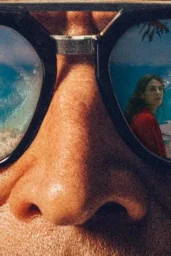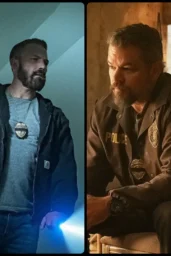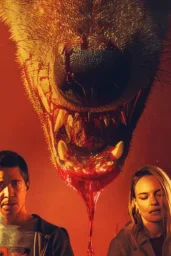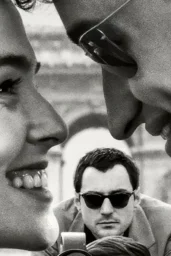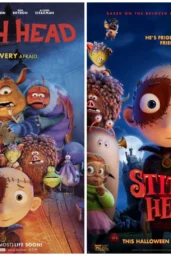Sometimes the most profound diplomatic stories happen nine innings at a time. Yuriko Gamo Romer's Diamond Diplomacy, making its world premiere at the Mill Valley Film Festival 2025, traces 150 years of U.S.-Japan relations through the shared obsession that transcended everything else: baseball.
The documentary opens October 3rd at 3:30 PM at Sequoia Cinema 1, with a second screening October 5th at 12:30 PM at Cinema 2. At 86 minutes, it's ambitious in scope—covering Civil War veterans teaching the game in 1872 Meiji Japan, Babe Ruth's 1934 goodwill tour, World War II's attempt to erase American influence (everything except baseball, curiously), and the modern era of Ichiro Suzuki and Shohei Ohtani breaking barriers in reverse.
Baseball has been common ground for the United States and Japan over the last century and a half, and Romer structures her film around two key figures: Masanori “Mashi” Murakami, Japan's first Major Leaguer, and Warren “Cro” Cromartie, the American who became a legend in Japan's Nippon Professional Baseball. Their parallel journeys anchor what could have been an unwieldy historical survey.
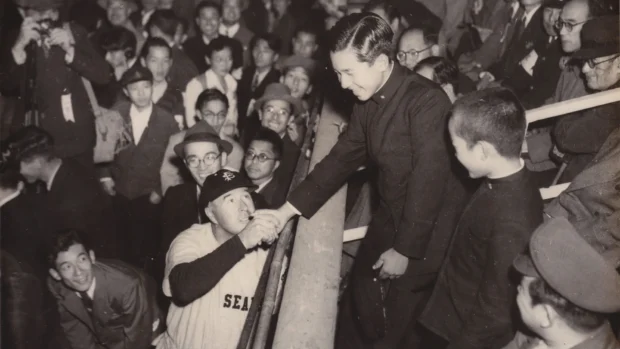
The Horace Wilson Legacy
The film begins with Civil War veteran Horace Wilson introducing baseball to Japan in 1872, during the country's aggressive Westernization period. What's striking about Romer's approach is how she avoids the typical “America teaches Japan” narrative. Instead, she presents baseball as something Japan claimed and transformed into its own national identity.
During World War II, when all things American were banned, the Japanese simply removed English terminology but kept playing. They renamed strikes, balls, and home runs in Japanese. The game itself was too embedded to eliminate—a detail that speaks to something deeper than mere sport adoption.
The archival footage brings weight to these claims. Romer includes never-before-seen home movies from the 1949 San Francisco Seals goodwill tour, led by Lefty O'Doul at General Douglas MacArthur's request. These grainy, intimate moments capture post-war Japan rebuilding not just infrastructure, but cultural bridges.
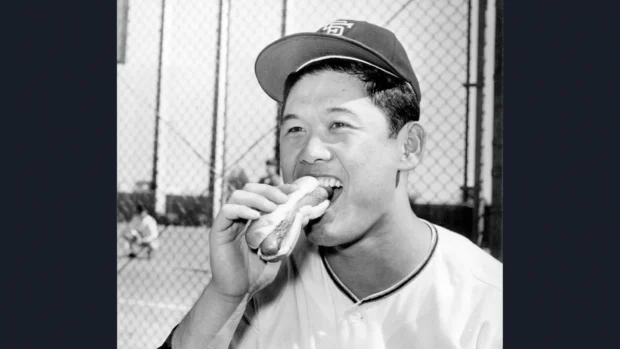
More Than Nostalgia
What elevates Diamond Diplomacy beyond sports nostalgia is Romer's willingness to address the uncomfortable history. The documentary doesn't shy away from discussing the mass incarceration of Japanese Americans during World War II—territory she explored in her award-winning short Baseball Behind Barbed Wire. The film acknowledges racism, trade conflicts, and diplomatic tensions that baseball couldn't always smooth over.
But it also presents compelling evidence that sports diplomacy worked when traditional diplomacy failed. Babe Ruth's 1934 tour couldn't prevent war, but it planted seeds that survived. When O'Doul returned in 1949, Japanese crowds responded with an enthusiasm that surprised American officials.
Murakami would play a total of… due to contractual and family obligations, where he played baseball for 17 more years after his brief MLB stint, highlighting the complex pull between two baseball cultures that claimed him.
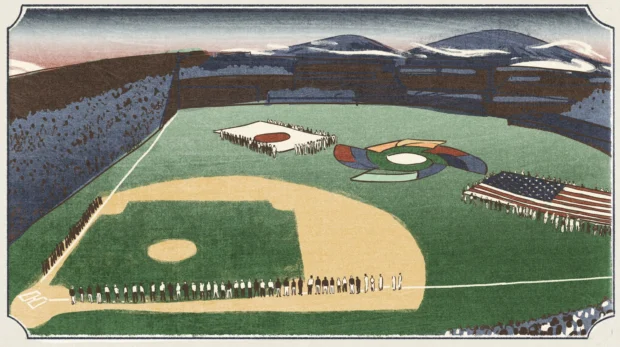
Visual Storytelling
Romer, who holds a Master's in Documentary Filmmaking from Stanford, brings a visual sophistication that matches her historical scope. The film weaves together baseball cards, Japanese woodblock prints, and historical photographs with contemporary interviews and commemorative game footage.
The director's bilingual, bicultural background—born in Japan, raised in the U.S.—shows in her nuanced handling of both perspectives. She doesn't present America as the generous teacher or Japan as the grateful student. Instead, she shows two countries that found genuine common ground in an unexpected place.
Her previous work, including the award-winning Mrs. Judo: Be Strong, Be Gentle, Be Beautiful, demonstrated her ability to find universal themes in culturally specific stories. traveled to more than 25 film festivals and was awarded the Grand Jury Award for Best Documentary at Moscow's International Festival of Sport Films.
The Contemporary Context
The film gains resonance by connecting historical figures to contemporary stars. Ichiro Suzuki's recent Baseball Hall of Fame induction and Shohei Ohtani's unprecedented success as both pitcher and hitter represent the latest chapter in this ongoing exchange.
But Diamond Diplomacy isn't a celebration of globalization or cultural exchange for its own sake. It's more interested in how shared obsessions can outlast political tensions, economic disputes, and even war. The game survived everything else because both countries made it their own.
The Verdict
Diamond Diplomacy succeeds because Romer understands that the best sports documentaries aren't really about sports. They're about what sports reveal about us—our capacity for connection across vast cultural differences, our ability to find meaning in ritual and competition, our stubborn insistence that some things matter more than politics.
The 86-minute runtime feels appropriate. Any longer and the historical sweep might overwhelm the human stories. Any shorter and the complex relationships wouldn't have room to breathe.
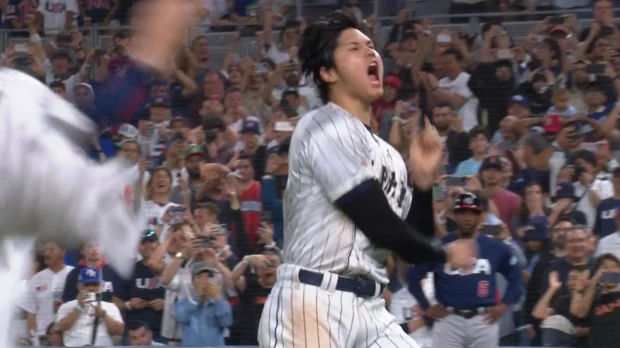
What Makes Diamond Diplomacy Essential Viewing
Historical Scope Without Academic Dryness:
Romer covers 150 years of diplomatic history through the lens of baseball, making complex international relations accessible without dumbing them down.
Rare Archival Material:
Never-before-seen footage from the 1949 Seals tour provides intimate glimpses of post-war cultural healing, giving the documentary genuine historical value.
Balanced Cultural Perspective:
The director's bilingual background allows her to avoid the typical American-centric narrative, presenting both countries as equal participants in this shared passion.
Contemporary Relevance:
By connecting historical figures to modern stars like Ohtani and Ichiro, the film demonstrates how these cultural exchanges continue to evolve and deepen.
Beyond Sports Nostalgia:
The documentary tackles uncomfortable topics like wartime racism and internment, proving that meaningful sports diplomacy acknowledges rather than ignores historical trauma.
Will Diamond Diplomacy change how you see international relations? Probably not. But it might change how you think about the unexpected places where human connection survives everything else. In our current moment of cultural division, that's worth 86 minutes of your time.
References:
- Diamond Diplomacy Official Website: https://www.diamonddiplomacy.com/
- Mill Valley Film Festival 2025: October 2-12, 2025
- Trailer: https://vimeo.com/1084748617

